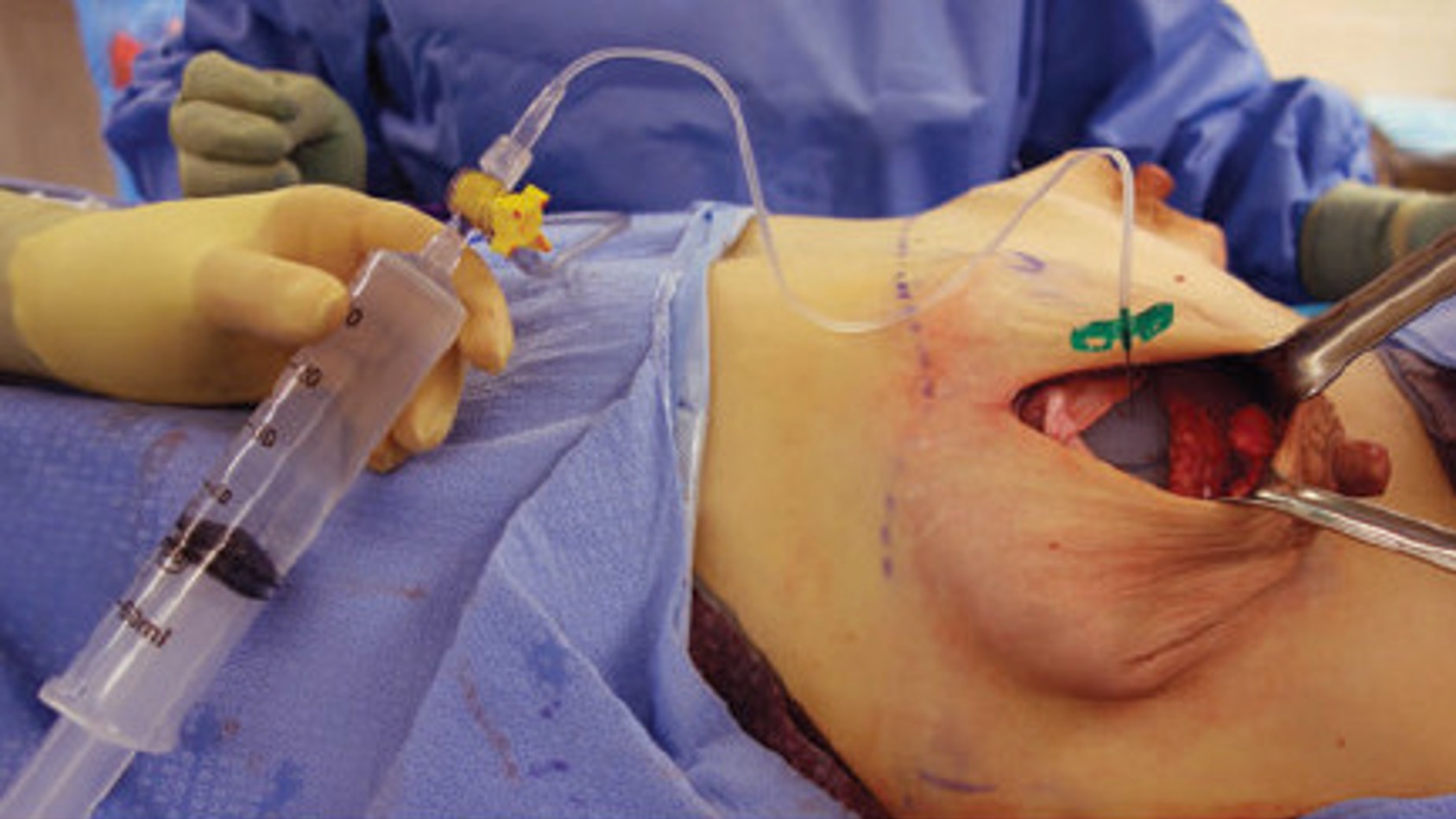A Deep Study the Common Validation for Seeking Aesthetic Surgical Treatment: Unboxing the Desire for Modification and Self-Improvement

Societal Stress and Beauty Requirements
Often, social stress and prevailing appeal criteria play a significant role in people' choices to pursue cosmetic surgery (liposuction bellevue). In contemporary society, visual depiction heavily influences personal perceptions of beauty, usually continued by media, celeb endorsements, and social platforms. These channels regularly promote idyllic variations of charm, leading people to internalize these criteria and review their self-worth versus them

Furthermore, these pressures are not limited to specific demographics; they impact people throughout various ages, genders, and histories, highlighting the prevalent nature of appeal standards. This widespread impact elevates vital concerns about the principles of cosmetic surgery and the effects of societal standards on private choices. Ultimately, recognizing these stress is crucial for promoting a more comprehensive meaning of beauty that celebrates diversity.
Individual Experiences and Transformative Stories
Lots of individuals that go through cosmetic surgical procedure report transformative experiences that expand beyond simple physical adjustments. For many, these treatments serve as a stimulant for enhanced self-worth and a renewed sense of identification. Individuals often define sensation freed from long-lasting insecurities, causing boosted confidence in both professional and individual realms.
Take, for example, the story of a young female who undertook boob job after years of sensation self-conscious regarding her look. Post-surgery, she reported not just a newfound convenience in her body but also a significant enhancement in her social life and job possibilities. In a similar way, a middle-aged male that selected to go through a renovation shared just how the treatment renewed his outlook on life, triggering him to seek brand-new rate of interests and connections.

Emotional Elements Behind Cosmetic Surgical Procedure
Various psychological variables add to the decision to undergo plastic surgery, mirroring deeper emotional and mental health and wellness factors to consider. People frequently seek medical improvements as a way to address sensations of insufficiency, low self-confidence, or frustration with their appearance. These psychological motivations can be rooted in previous experiences, social comparisons, or personal desires.
Body photo distortion read this post here is a prevalent concern, where individuals regard their physical characteristics in an exaggeratedly negative light. This distortion can lead to obsessive thoughts about viewed problems, motivating the desire for medical modification as a remedy. Furthermore, the pursuit of perfection and societal stress can intensify these sensations, pressing people toward cosmetic procedures in hopes of achieving an idyllic variation of themselves.
Additionally, the idea of self-improvement plays a vital function. Lots of individuals view plastic surgery as a pathway to boost their lifestyle, believing that boosted appearance will bring about raised social acceptance, better partnerships, or boosted occupation chances. Eventually, the psychological variables behind plastic surgery emphasize the complicated interaction between specific self-perception and external influences, revealing the diverse nature of the wish for adjustment.
The Duty of Media in Understanding
In today's culture, media plays an essential role in forming assumptions of charm and self-worth. Via various platforms-- social media, tv, and marketing-- idealized criteria of beauty are usually distributed, affecting specific ambitions and self-image. These portrayals often highlight slim definitions of beauty, mainly including youthful, slim, and digitally improved photos, which can produce impractical benchmarks for individuals striving to conform.
The effect of media is more exacerbated by the pervasive nature of social media sites, where users are pounded with curated web content that highlights cosmetic enhancements, supporting a society of contrast. This continuous exposure can lead to feelings of inadequacy amongst audiences, motivating them to consider cosmetic surgery as a way of accomplishing the perceived ideal. Study indicates that individuals who involve with these media depictions are much more most likely to share frustration with their appearance, enhancing the need for surgical treatments.
In addition, the normalization of plastic surgery in media narratives can desensitize target markets, mounting such treatments as commonplace and also essential for social approval. Therefore, the media's portrayal of elegance not only influences private choices regarding plastic surgery but additionally adds to a more comprehensive social dialogue concerning self-regard and identification.
Ethical Considerations and Future Trends
In the middle of the expanding popularity of plastic surgery, ethical considerations bordering the method have ended up being increasingly noticeable. As the demand for treatments climbs, so also do issues regarding educated approval, the emotional motivations additional hints of individuals, and the capacity for exploitation by cosmetic surgeons. It is vital for professionals to guarantee that patients totally comprehend the benefits and risks, along with the ramifications of their choices, to cultivate an accountable method to aesthetic improvements.
Furthermore, the influence of social media and elegance requirements questions regarding the influence on psychological health and wellness, particularly amongst susceptible populaces. As recognition of body image concerns grows, ethical technique demands a cautious analysis of the motivations behind surgical treatments. Specialists must stabilize patient wishes with moral responsibility, making sure that decisions are rooted in authentic self-improvement as opposed to societal pressures.
Aiming to the future, trends might change towards non-invasive and reference technically progressed treatments, stressing patient security and satisfaction. Furthermore, the unification of psychological analyses could assist resolve underlying concerns before medical treatment. The plastic surgery field should adjust to these honest obstacles while advertising a culture of transparency and self-acceptance, eventually prioritizing the wellness of people.
Verdict
To conclude, the pursuit of cosmetic surgical treatment is influenced by a confluence of social stress, personal experiences, and psychological factors. The desire for alignment with prevailing elegance criteria, paired with the possibility for transformative end results, emphasizes the intricate inspirations driving individuals toward these procedures. In addition, the duty of media in shaping understandings of charm can not be understated. As moral factors to consider progress, future patterns in plastic surgery will likely show ongoing social dialogues surrounding self-improvement and private identity.
Frequently, social pressures and prevailing beauty criteria play a substantial duty in people' decisions to pursue cosmetic surgery. liposuction bellevue. Eventually, these transformative tales highlight the multifaceted reasons people look for cosmetic surgical procedure, linking individual development with the pursuit of visual improvement
Numerous people see cosmetic surgical procedure as a pathway to improve their quality of life, believing that boosted appearance will lead to raised social acceptance, much better relationships, or improved job opportunities. Eventually, the psychological elements behind cosmetic surgical procedure underscore the complicated interaction in between individual self-perception and exterior influences, revealing the diverse nature of the need for change.
As ethical factors to consider advance, future trends in cosmetic surgical treatment will likely mirror ongoing societal discussions bordering self-improvement and individual identity. liposuction bellevue.